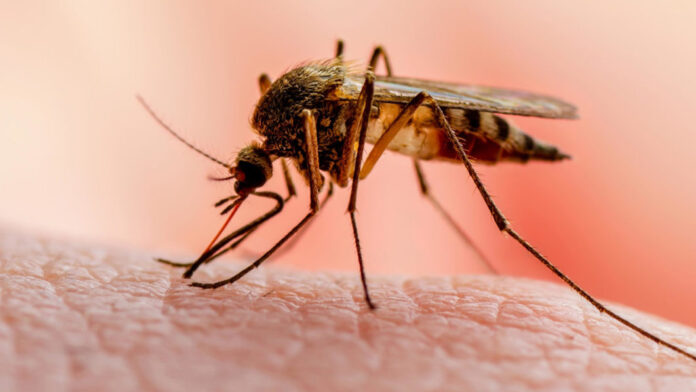Nigerian malaria cases reduce by 1% in 2 years, says health minister
The Minister of Health, Dr Osagie Ehanire, has revealed that malaria prevalence in Nigeria has decreased slightly from 23 per cent in 2018 to 22 per cent in 2021.
Dr Enahire made this known at the official launch and dissemination of the National Malaria Indicator Survey (NMiS) Report and the National Advocacy Communication and Social Mobilization (ACSM) Strategy and Implementation Guide in Abuja.
The National Malaria Elimination Programmes (NMEP) organised the dissemination of the ACSM strategy and implementation guide (2021-2025) in collaboration with the National Population Commission (NPC).
READ ALSO: Fight Against Malaria: Gov. Sani Bello stresses use of ITNs, test kits
The health minister added that while this may not appear significant at the national level, substantial sub-national gains have been observed in several states.
Dr Enahire noted that malaria was a leading cause of mortality and morbidity in Nigeria, with young children and pregnant women disproportionately affected.
Furthermore, he said the disease accounts for 60 per cent of outpatient visits to health facilities, 30 per cent of childhood deaths, 11 per cent of maternal death (4,500 deaths yearly), and 25 per cent of deaths in infants (children aged one year).
He said the 2021 World Malaria Report from the World Health Organisation (WHO) showed that nine to 10 persons die every hour due to malaria or malaria-related issues in Nigeria and that the country contributes 27 per cent to the global malaria burden and 32 per cent to malaria deaths globally.
Also, the minister announced that children under five years of age remained the most vulnerable group affected by malaria accounting for 67 per cent of all malaria deaths.
He also noted that it was pertinent to note that the federal government and its partners had made consistent and concerted efforts over the years in providing resources towards eliminating malaria in the country, which had resulted in millions of lives being saved.
“The results of the 2021 NMIS show a further decline in the national prevalence of malaria to 22 per cent from 23 per cent in 2018 and 42 per cent in 2010,” the health minister revealed.
Dr Enahire added, “We are seeing sustained gains in getting the general population to adopt key preventive measures. Fifty-six per cent of households own at least one insecticide-treated net (ITN), while 36 per cent of household members, 41 per cent of children under five, and 50 per cent of pregnant women slept under an ITN the night before the survey.
“This underscores the importance of access, and therefore our drive to use all means including rolling mass campaigns to reach the teaming populations of Nigeria with nets,” he noted.
Follow the Neptune Prime channel on WhatsApp:
Do you have breaking news, interview request, opinion, suggestion, or want your event covered? Email us at neptuneprime2233@gmail.com





